For kitchen professionals, knowing how to deep clean a cast iron skillet is essential to maintaining the quality of this treasured cooking tool. Unlike traditional frying pans, cast iron skillets require special attention to preserve their non-stick surface and prevent rust. This article provides a comprehensive guide on deep cleaning these remarkable skillets, ensuring they stay in top-notch condition for years to come.
Why is deep cleaning such a big deal? Well, a cast iron skillet is more than just a cooking appliance; it's a lifelong investment. Your cleaning method can either enhance its handling or make it a miserable cooking experience. Hence, as a kitchen professional, you will appreciate how the cleaning approach can be a game-changer in your culinary endeavors.
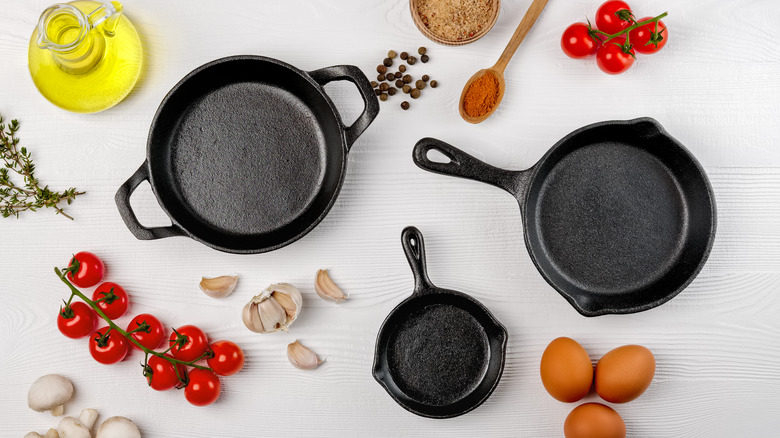
Understanding the Basics of Cast Iron Care
Before diving into the specifics of how to deep clean a cast iron skillet, it's crucial to understand why cast iron is unique compared to other cookware. Cast iron skillets build their non-stick seasoning over time, but they can require a little extra TLC (tender loving care) to manage.
Once you realize this, you will see cleaning is more than just removing food residues; it is a matter of preserving the integrity of the skillet's surface. Some basic rules include:
- Never soak your cast iron skillet in water.
- Avoid using soap, as it can strip away the seasoning.
- Always dry the pan immediately after cleaning to prevent rust.
The Deep Cleaning Process: Step-By-Step Guide
Now that we've set the groundwork, lets elaborate on how to deep clean a cast iron skillet. Follow these steps for a thorough cleanup:
Step 1: Prepare Your Materials
You will need:
- Hot water
- Coarse salt
- Scrub brush or sponge
- Vegetable oil or seasoning oil
Step 2: Rinse with Hot Water
Start by rinsing your cast iron skillet under hot water. This step helps loosen any residual food particles. Never leave it soaking; the moisture can lead to rust.
Step 3: Add Coarse Salt
Sprinkle a generous amount of coarse salt on the surface. The salt acts as an abrasive agent that helps to remove stuck-on food without damaging the seasoning.
Step 4: Scrub Gently
Using a scrub brush or a non-metallic sponge, gently scrub the skillet. The coarse texture of the salt will assist in dislodging any remaining bits. Be sure to reach the corners and the sides of the skillet.
Step 5: Rinse and Dry
Once clean, rinse with hot water again and dry the skillet right away, using a lint-free cloth or paper towel. This is crucial because moisture can lead to rust.
Step 6: Season the Skillet
Once your cast iron skillet is dry, its time to re-season it. Apply a tiny amount of vegetable oil to the surface and wipe off any excess. Place the skillet upside down in a preheated oven (around 375F) for about an hour. This process allows the oil to penetrate the skillet effectively and forms a non-stick layer.
Common Mistakes to Avoid
When tackling the task of how to deep clean a cast iron skillet, there are common pitfalls to watch out for:
- Using soap and harsh detergentsalways avoid these!
- Soaking the skillet in water, which can ruin the seasoning.
- Neglecting regular maintenance; it's best to clean right after use to prevent buildup.
Additional Tips for Long-Term Care
To keep your skillet in exceptional condition, consider these life-changing tips:
- Avoid cooking acidic foods, especially during the initial seasoning phase.
- Store your skillet in a dry place to avoid moisture buildup.
- If you notice rust, refer to this article on rusty cast iron.
- For more information on seasoning, check out seasoning rusty skillets.
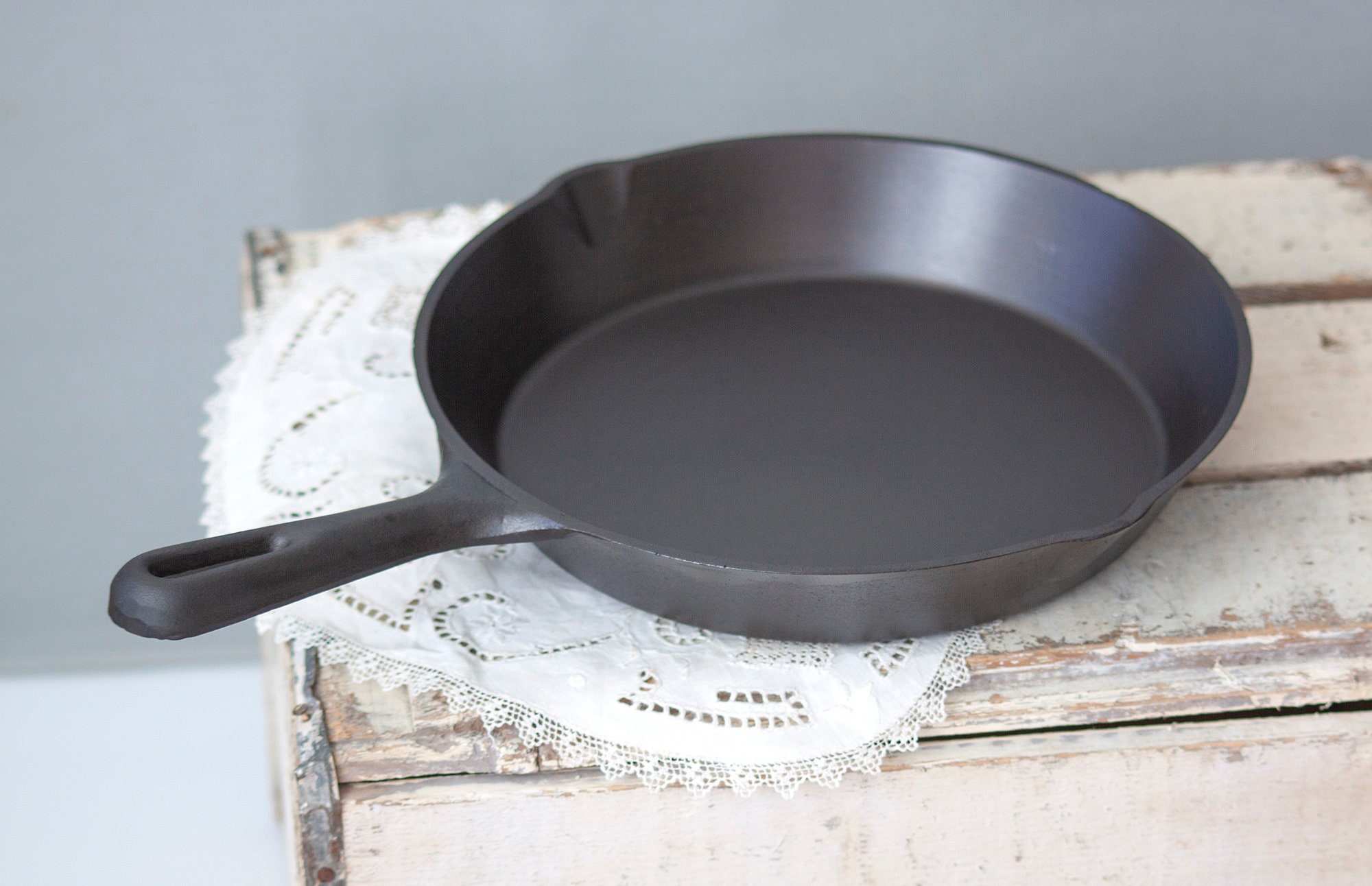
Frequently Asked Questions (FAQ)
1. How often should I deep clean my cast iron skillet?
It greatly depends on usage. For daily cooks, a thorough clean once a month should suffice, but regular quick rinsing and scrubbing after each use is essential.
2. Can I use soap occasionally?
While its not recommended, a small amount of soap can be used in case of significant messes. Just remember to re-season your skillet afterward.
3. What if my skillet becomes rusty?
If your skillet has developed rust, you can learn how to remove it in this resource on cleaning with salt or consult Food Network's cleaning guide.
As an Amazon Associate, I earn from qualifying purchases.

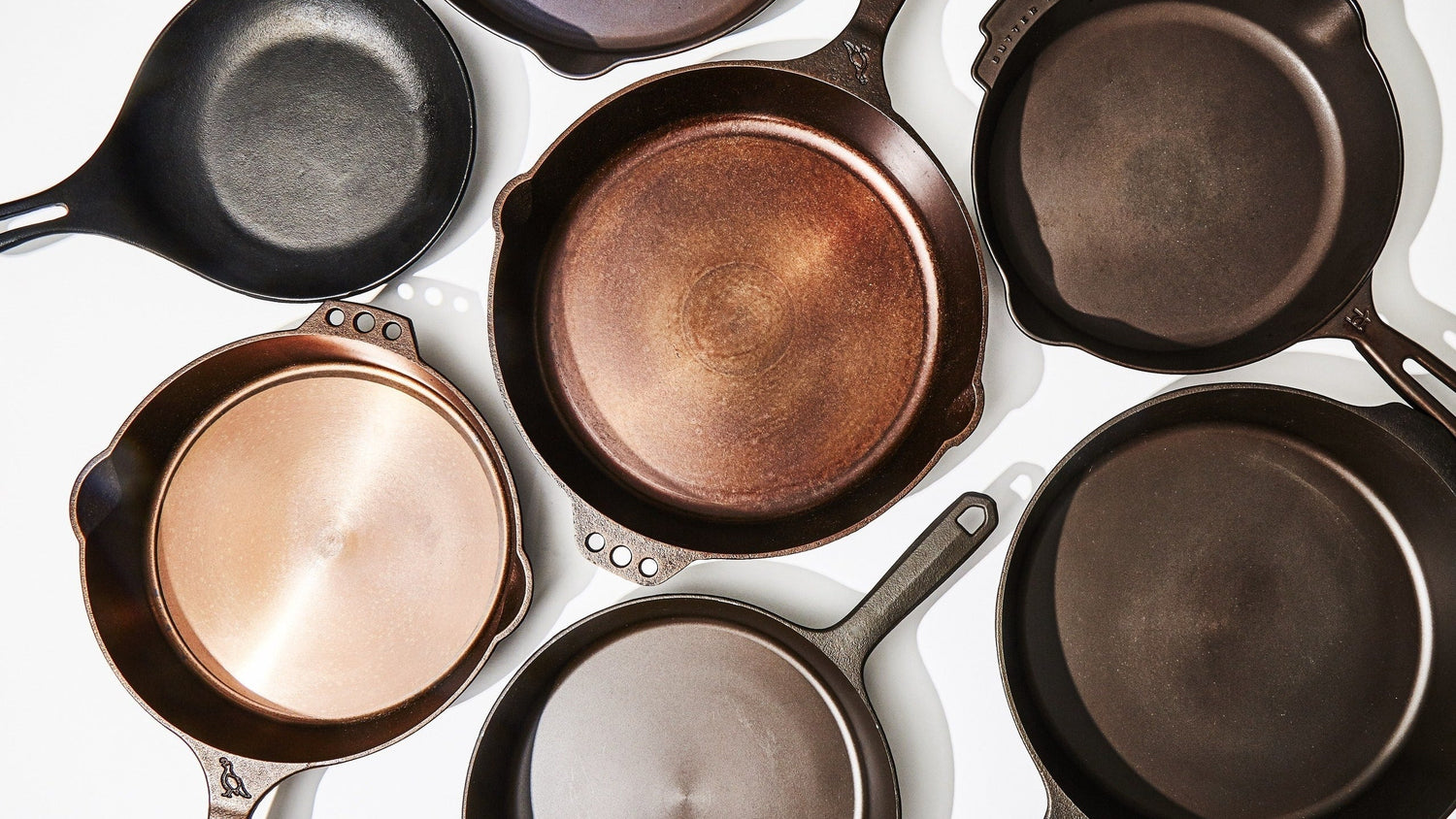


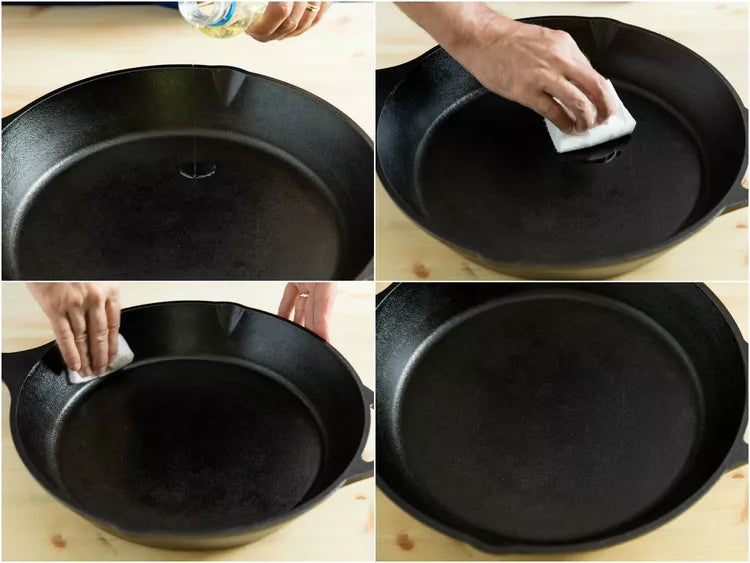
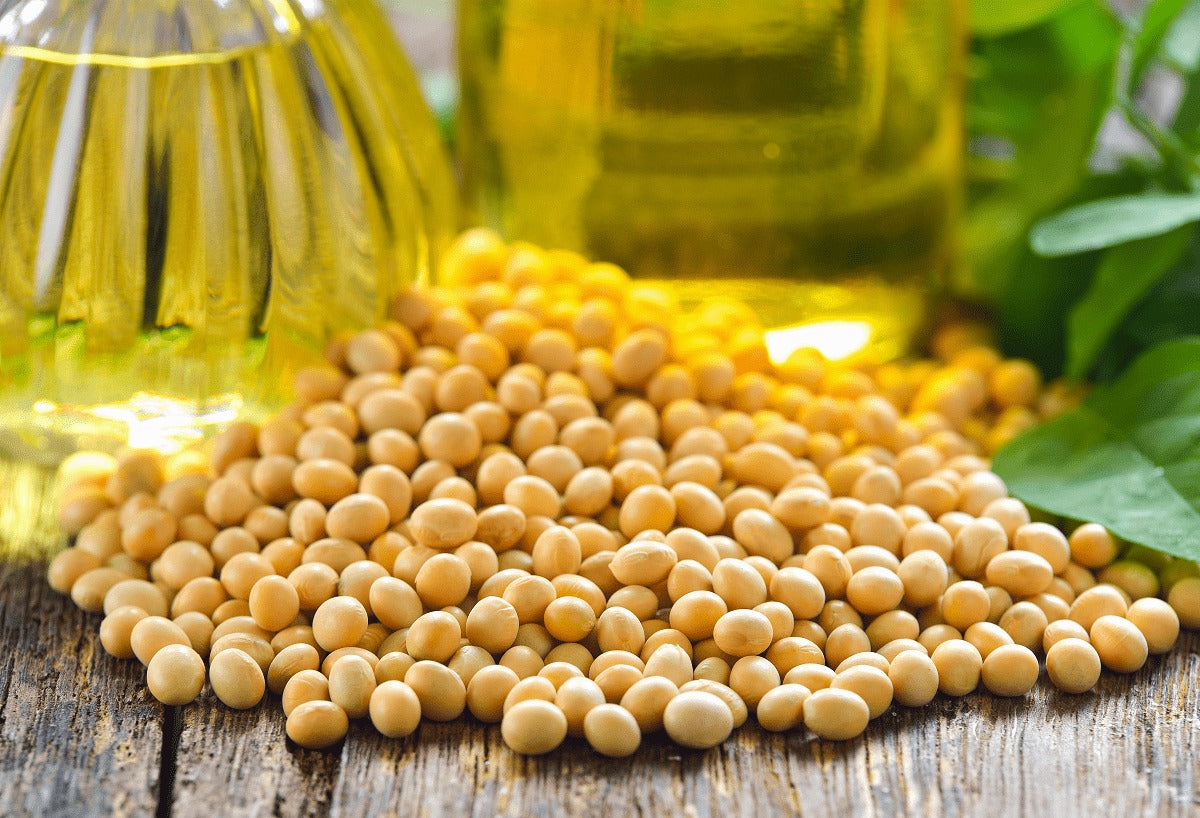
Leave a comment
This site is protected by hCaptcha and the hCaptcha Privacy Policy and Terms of Service apply.